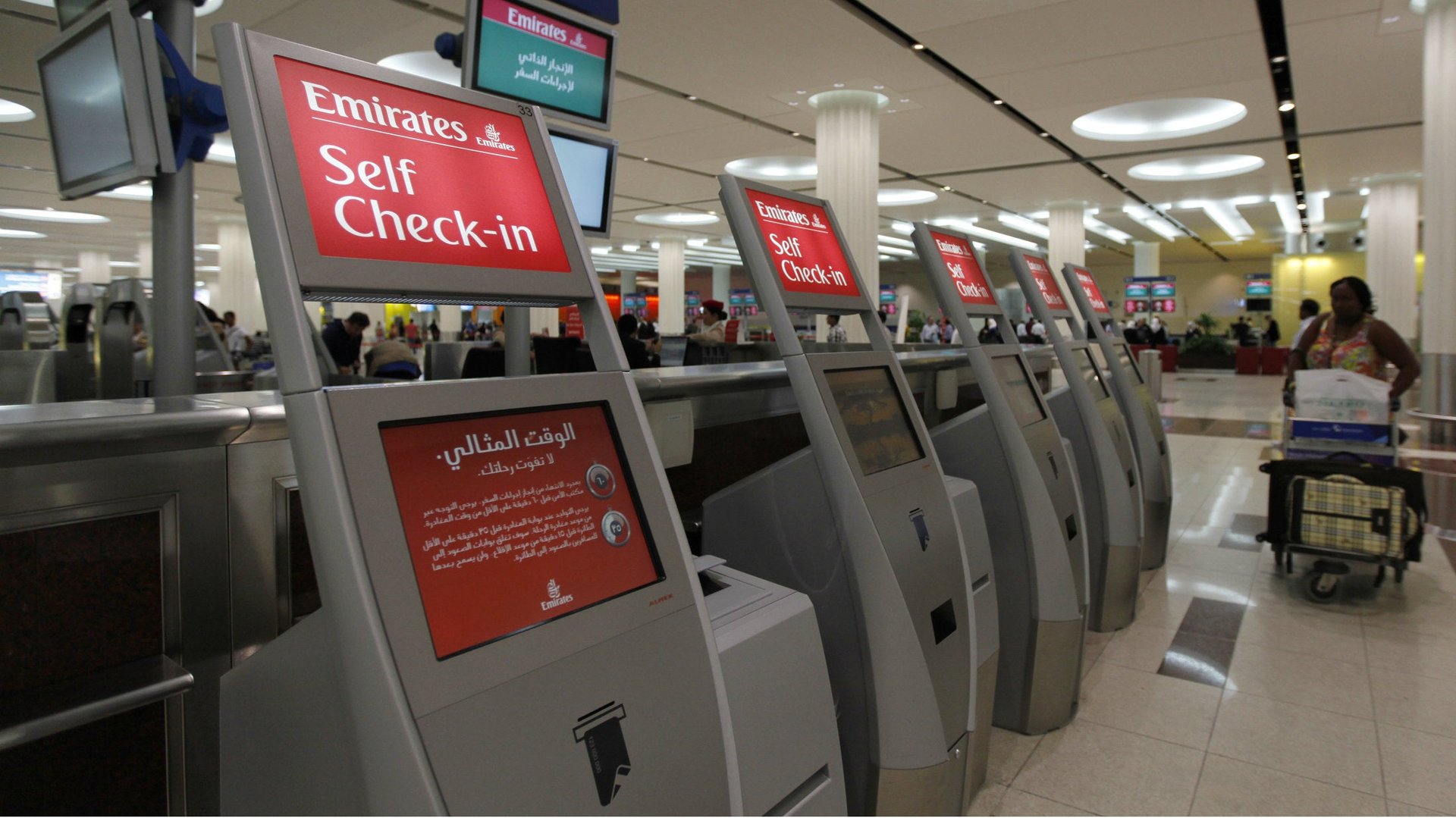Dubai wants to boost its visitor numbers by attracting Africa’s growing middle-class
Dubai’s high-end shopping, extravagant night life, and towering luxury hotels drew around 12 million visitors to the city this year. Now, in an effort to attract more middle class tourists, particularly from Africa, the city is encouraging the establishment of three and four-star hotels to complement the luxurious resorts and hotels enjoyed by the wealthy.


Dubai’s high-end shopping, extravagant night life, and towering luxury hotels drew around 12 million visitors to the city this year. Now, in an effort to attract more middle class tourists, particularly from Africa, the city is encouraging the establishment of three and four-star hotels to complement the luxurious resorts and hotels enjoyed by the wealthy.
As an incentive, these hotels will be granted waivers on certain fees at the start of operations. Anas Allouch, director of communications at Dubai’s department of tourism says this program is motivated by a ”real desire to open ourselves up to a new, less affluent clientele, particularly from Africa.”
The city hopes to attract more Africans on transit through Dubai’s international airport—on course to replace Beijing and Atlanta as the world’s busiest. Allouch says more affordable accommodation ”would allow these travelers to spend a few nights in Dubai and to enjoy all the leisure and advantages that the city offers.” Dubai’s long-term goal is to grow its total annual visitor numbers to 20 million by 2020. Key to reaching that target is growing Africa as a regional source market. Only 5% of Dubai’s 12 million visitors in 2016 came from Africa.
But difficult economic headwinds on the continent may dampen Dubai’s efforts. The economies of Nigeria and Egypt, the only African countries in the top 20 source markets for visitors to Dubai this year, have been hard hit by a fall in commodity prices. As a result, Dubai saw a drop in the total number of visitors from those two countries between January and October (the latest month for which numbers are available) compared to the year before.
The state of Nigeria’s economy, currently mired in a recession, may be particularly worrying for Dubai. Emirates, Dubai’s state airline, has been forced to question the viability of continuing to do business in Africa’s largest economy. In October, it cut its previous schedule of twice-daily flights to Lagos and Abuja to just one flight a day to Lagos.